Institute of Computer Science
Welcome to the Institute of Computer Science!
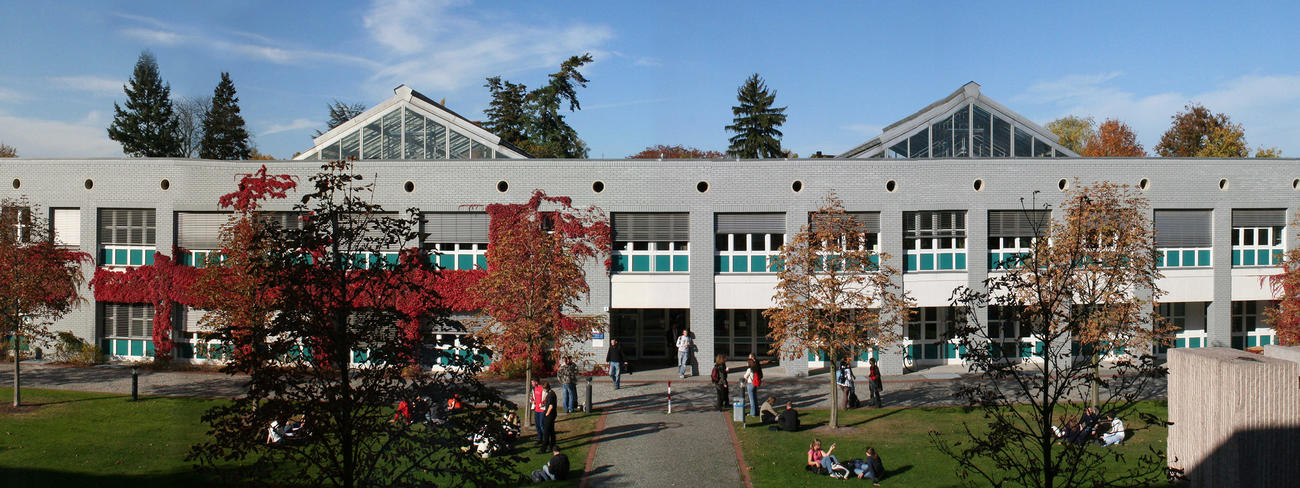
Nachrichten des Fachbereichs

Kolloquien & Vorträge

Informatik Nachrichten

Termine aus den AGs

Studying Computer Science@FU!
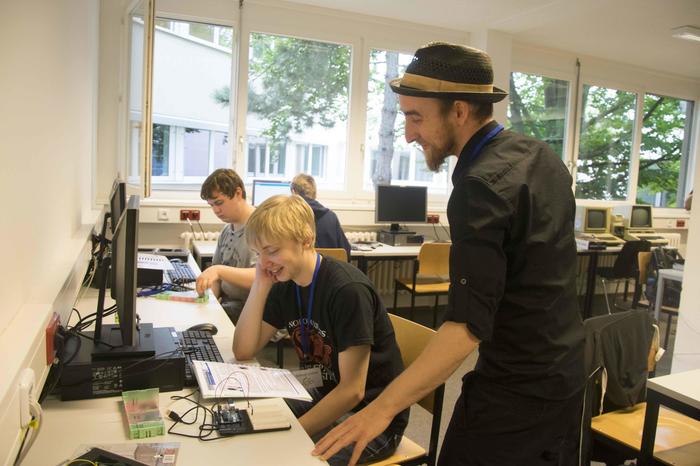
From High School to University
We support our students right from the beginning. We know that time is precious and therefore offer various ways to explore Computer Science studies before starting the bachelor's program. Special courses for pupils can later on shorten the duration of studies.
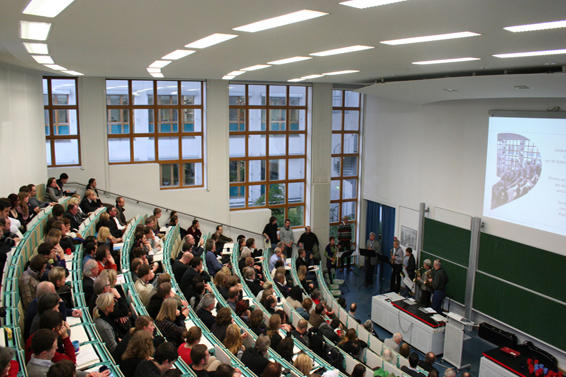
Bachelor and Master
Our bachelor's and master's programs get students ready for real world problems providing them a sound theoretical basis. We support a holistic approach to education offering interdisciplinary courses. In addition, many events and activities at the institute enrich Computer Science studies on the green campus of FU Berlin.
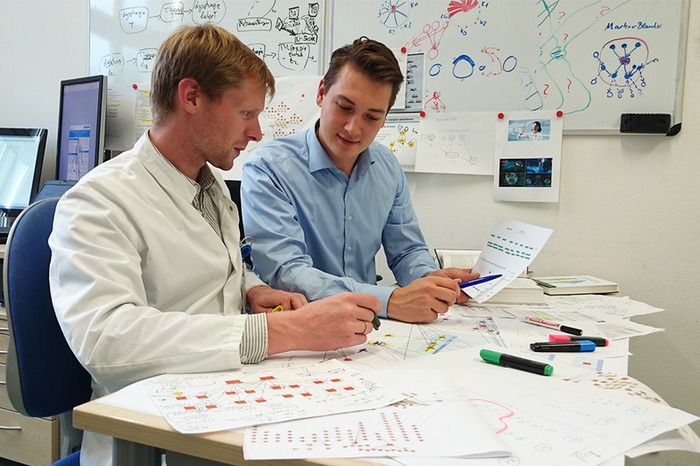
Doctorate
International top level research is our research group's standard. We offer an inspiring environment for excellent research. Our highly skilled graduates stay in academics as professors, found successful startup companies, or take over leading positions in well-established companies.
Image Credits

Informatik enlightened - Was Autos, Blumen und Menschen verbindet
Image Credit: Sommeruni

Inf-Hoersaal
Image Credit: —

phdstudents-discussion
Image Credit: —
Voices
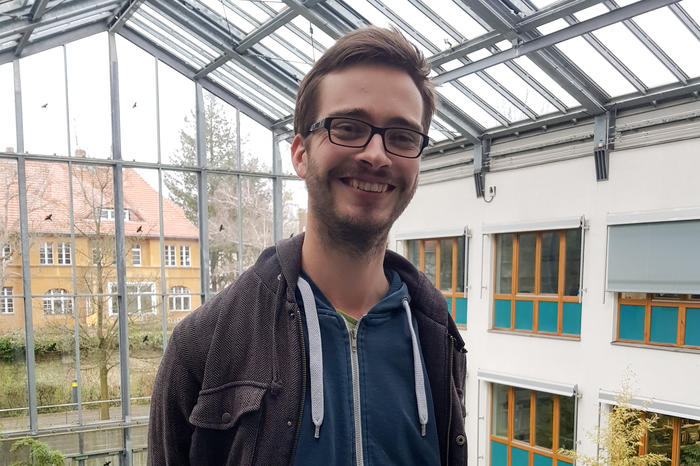
Benedikt Beckermann (Bachelor)
Why I chose Computer Science@FU? Because, in contrast to other universities in Berlin, the FU campus is surrounded by nature. What I like about the institute? The community spirit. You don't know everyone, but still everyone is being helpful and there is no selfish mindset.
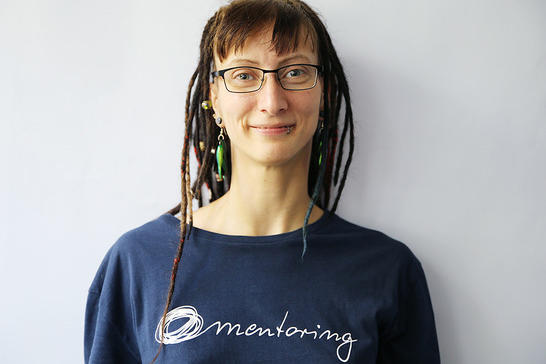
Anja Wolffgramm (Bachelor)
The familiar atmosphere at the institute makes it easy to connect with others. You make friends fast and meet friendly faces on the beautiful campus. Therefore, the challenging studies are fun!
Image Credits

Benedikt Beckermann
Image Credit: Nicolas Lehmann

Anja Wolffgramm
Image Credit: —
Professors of Computer Science
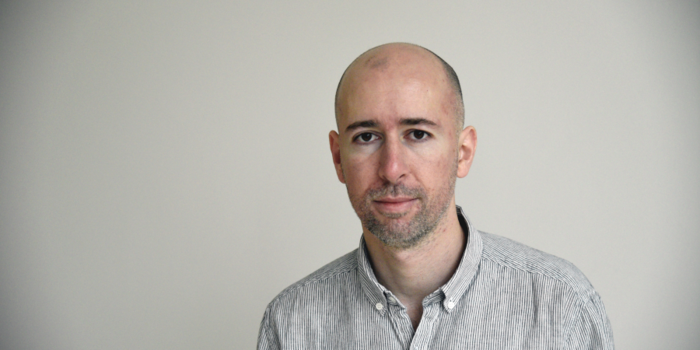
Prof. Dr. László Kozma
László Kozma works since 2018 as Juniorprofessor at the Free University Berlin, in the Theoretical Informatics research group. He is interested in algorithms and combinatorics, focusing on the complexity of basic algorithmic problems and the efficiency and adaptive properties of data structures. He obtained his PhD from Saarland University in 2016.
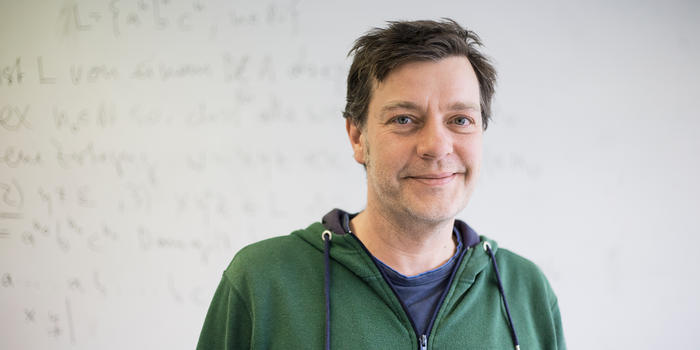
Prof. Dr. Marian Margraf
Marian Margraf studied mathematics in Kiel. After completing his doctorate he first worked as a cryptologist in the BSI and was responsible for introducing the German ID card from 2008 to 2012 at the Federal Ministry of the Interior. In 2014, Mr. Margraf received the endowment professorship of Bundesdruckerei at the FU Berlin. Since 2017, he also leads the department secure systems engineering of the Fraunhofer Institute AISEC.
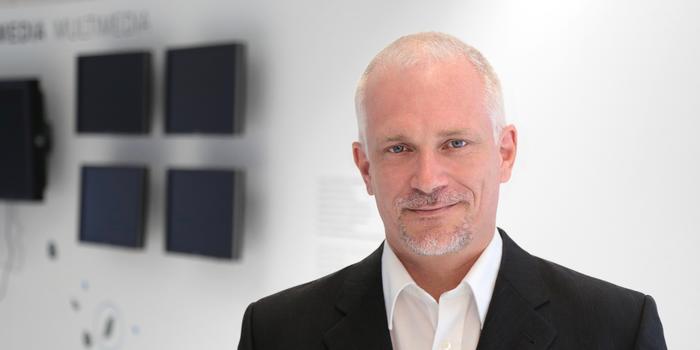
Prof. Dr.-Ing. Heiko Schwarz
Image & Video Coding
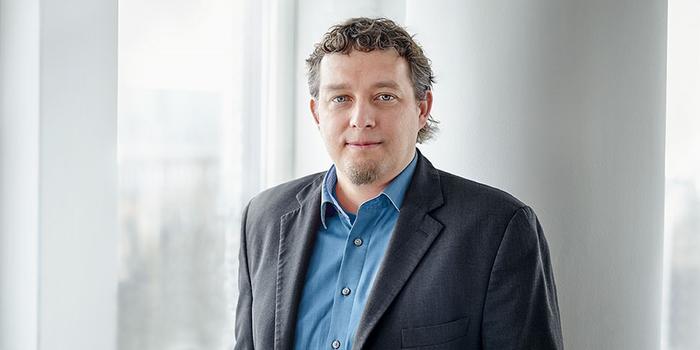
Prof. Dr. Adrian Paschke
Since 2008 Prof. Dr. rer. nat. Adrian Paschke is head of the Corporate Semantic Web group at the department of mathematics and computer science at Freie Universität Berlin and director of the Data Analytics Center at Fraunhofer FOKUS since 2016. He is director of RuleML Inc. and professorial member at the Institut für Angewandte Informatik at University of Leipzig. Till 2014 he also was associate professor at the department of information systems at the Poznan University of Economics.

Prof. Dr. Knut Reinert
Professor Knut Reinert is head of the Algorithmic Bioinformatics group at the Freie Universitaet Berlin. In his research he focuses on the development of mathematical models for analyzing biomedical mass data, mostly sequence analysis, proteomics, omics data. As Max Planck Fellow, Prof. Reinert also leads a team at the Max-Planck-Institute for Molecular Genetics.
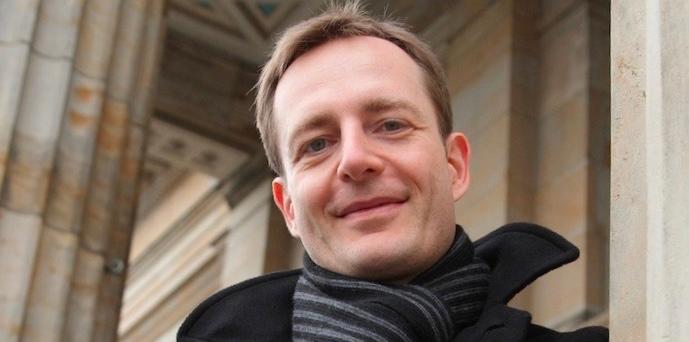
Prof. Dr.-Ing. Volker Roth
Prof. Dr.-Ing. Volker joined FU Berlin in 2009. Before, he was a Research Scientist at FX Palo Alto Laboratory (CA, USA), Chief Technology Officer (CTO) of an information technology company in Omaha (NE, USA), and a Research Scientist at Fraunhofer Institute for Computer Graphics (Darmstadt, Germany). His research interests are security and privacy in the digital age and psychologically acceptable security technology.
Prof. Dr. Daniel Göhring
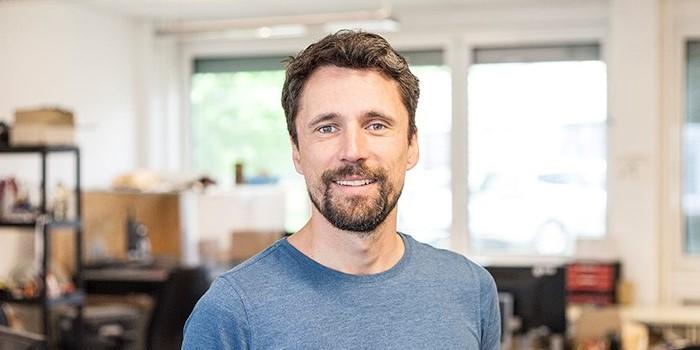
Prof. Dr. Tim Landgraf
Professor Landgraf studies complex intelligent systems. This includes biological model systems such as bee colonies or fish shoals and artificial systems such as neural networks or swarms of self-driving cars.
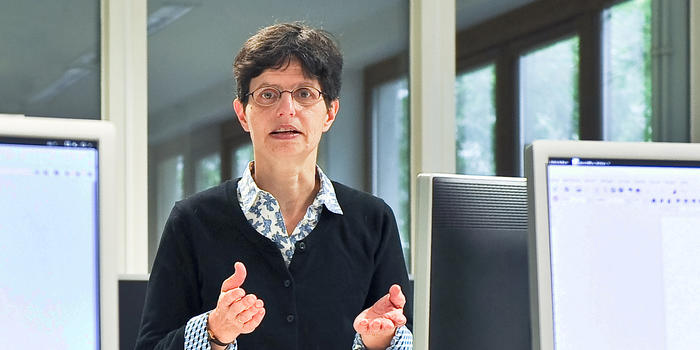
Prof. Dr. Katinka Wolter
Katinka Wolter is head of the Dependable Systems research group. The focus of her research is in measuring and evaluation of distributed computing systems.
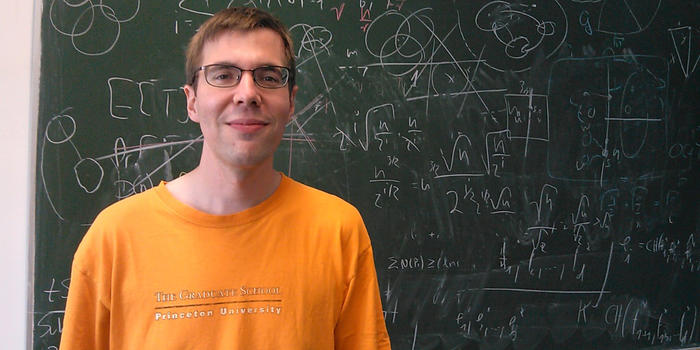
Prof. Dr. Wolfgang Mulzer
Wolfgang Mulzer studies the design and analysis of algorithms
for geometric problems. He received his PhD in Computer Science from Princeton University in 2010, under the guidance of Bernard Chazelle. After that, he became an assistant professor at FU Berlin. In 2016, he was promoted to full professor. In the past, he was worked on the complexity of the minimum weight triangulation and on fast algorithms for Delaunay triangulations.
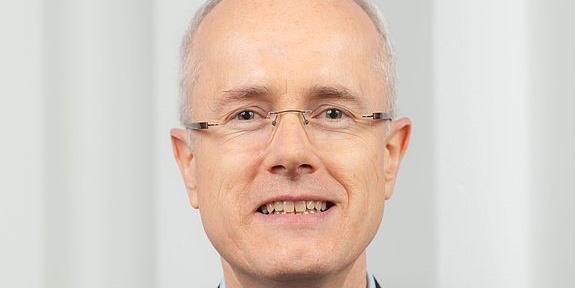
Prof. Dr.-Ing. Jochen Schiller
Prof. Dr.-Ing. Jochen H. Schiller is head of the Computer Systems & Telematics group. He initiated the Research Forum Public Safety and Security and is board member of the Einstein Center Digital Future responsible for the areas Digital Services & Industries. His research interests comprise communication protocols, operating systems and security in wireless, mobile, embedded systems.
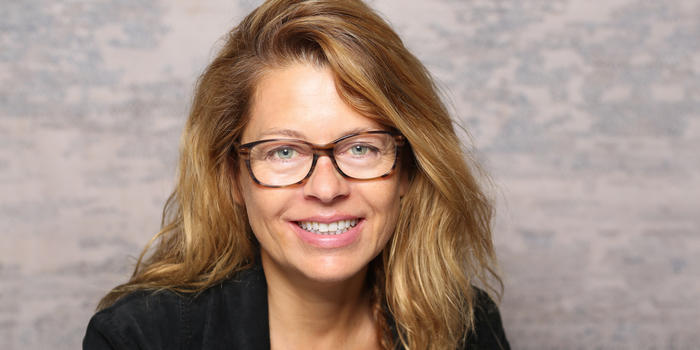
Prof. Dr. Agnès Voisard
Since 2011, Agnès Voisard has been professor for databases and information systems. Her research is mainly dealing with geographic information systems, location-based services, and event notification systems. In 1992, Agnès Voisard received her PhD from the University of Paris (Orsay)' and INRIA.
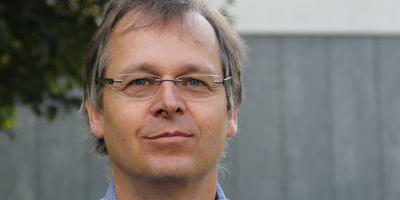
Prof. Dr. Günter Rote
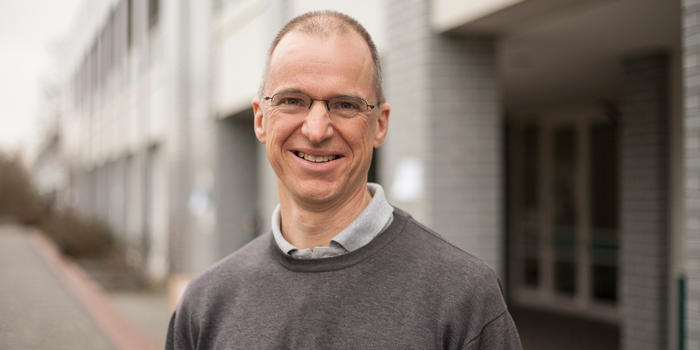
Prof. Dr. Lutz Prechelt
Before he joined the institute in 2003, Lutz Prechelt was CTO at abaXX Technology AG, Stuttgart. He represents the teaching areas Software Engineering and Socio-Technical Systems. His research interests revolve around the software development process, in particular agile methods and in
particular the human element. Another research interest is research quality meta-research. He is the founder of Review Quality Collector.
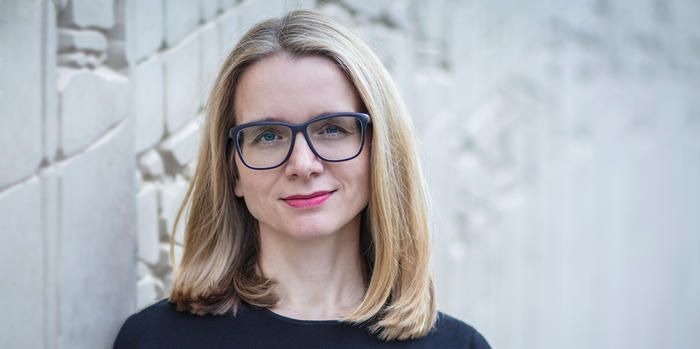
Prof. Dr. Claudia Müller-Birn
Claudia Müller-Birn founded the working group Human-Centered Computing (HCC) after moving from Carnegie Mellon University to the FU Berlin. With her interdisciplinary team, she researches distributed socio-technical knowledge systems and develops approaches for a synergetic collaboration between humans and machines. She is committed to open knowledge in research and society.
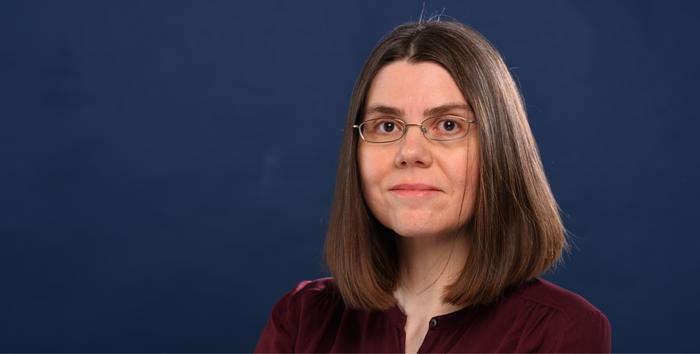
Prof. Dr. Katharina Jahn
Katharina Jahn was appointed Professor for "Data Science for Health Informatics in Life Sciences" in the Biomedical Data Science working group on 10 February 2022.
Image Credits

László Kozma
Image Credit: László Kozma

Prof. Dr. Marian Margraf
Image Credit: Jesse Benjamin

Prof. Dr.-Ing. Heiko Schwarz
Image Credit: Fraunhofer HHI

Prof. Dr. Adrian Paschke
Image Credit: —

Prof. Dr. Knut Reinert
Image Credit: David Ausserhofer

Prof. Dr. Volker Roth
Image Credit: Privat

Prof. Dr. Tim Landgraf
Image Credit: —

Prof. Dr. Katinka Wolter
Image Credit: Katrin Neuhauser

Wolfgang Mulzer
Image Credit: Benjamin Hiller

Prof. Dr. Jochen Schiller
Image Credit: —

Prof. Dr. Agnès Voisard
Image Credit: Privat

Prof. Dr. Günter Rote
Image Credit: Overwolfach Photo Collection / Creative Commons License Attribution-Share Alike 2.0 Germany.

Prof. Dr. Lutz Prechelt
Image Credit: Jesse Benjamin

Prof. Dr. Claudia Müller-Birn
Image Credit: Frank Woelffing

Prof. Dr. Katharina Jahn
Image Credit: —